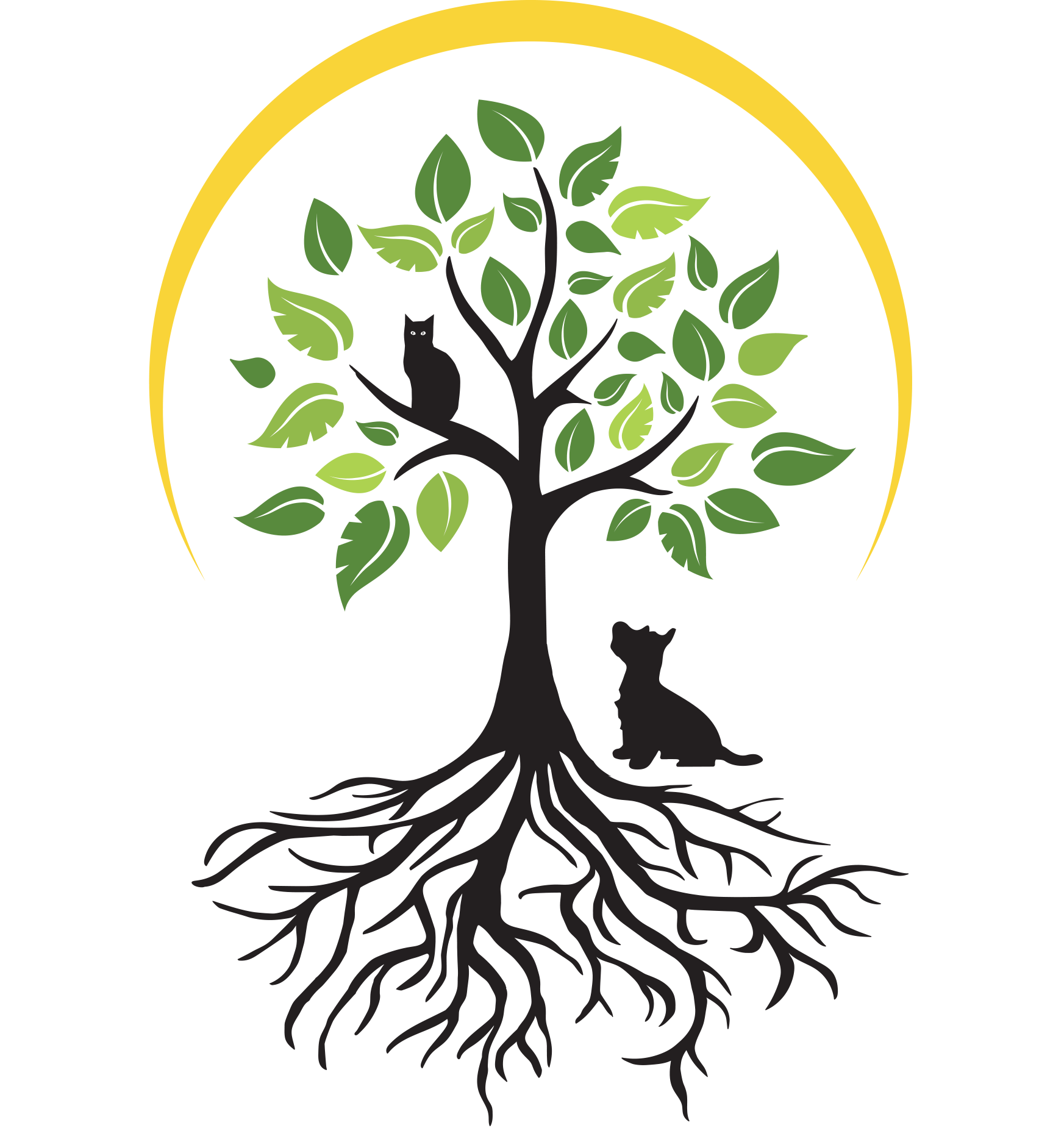Brumation in Bearded Dragons
What does brumation mean?
 Fig. 1: Bearded dragon at veterinary visit. (Photo courtesy of Gregory Rich, DVM)Brumation is a state of sluggishness, inactivity, or torpor exhibited by reptiles, such as snakes or lizards, during winter or extended periods of low temperature. Brumation is not true hibernation because reptiles retain some activity during brumation and may even seek water to drink. This condition generally occurs in the winter, when temperatures cool, or when lack of food or extreme heat make it necessary for the lizard or snake
to slow its metabolism and conserve its energy.
Fig. 1: Bearded dragon at veterinary visit. (Photo courtesy of Gregory Rich, DVM)Brumation is a state of sluggishness, inactivity, or torpor exhibited by reptiles, such as snakes or lizards, during winter or extended periods of low temperature. Brumation is not true hibernation because reptiles retain some activity during brumation and may even seek water to drink. This condition generally occurs in the winter, when temperatures cool, or when lack of food or extreme heat make it necessary for the lizard or snake
to slow its metabolism and conserve its energy.
"Brumation is a state of sluggishness, inactivity, or torpor exhibited by reptiles..."
Brumation is a natural process that allows healthy reptiles to handle stressful environmental conditions such as cold temperatures, drought, and/or extended periods of extreme heat. It is also necessary to stimulate hormonal release for reproduction in certain species.
Bearded dragons (Pogona vitticeps) live naturally in the inland region of Australia and enter brumation during the region’s winter months (May to August), where daytime temperatures range from 68°F to 72°F (20°C–22°C) and nighttime temperatures are 40°F–44°F (4°C–7°C). With these temperatures, the bearded dragons become less active due to low body temperature as well as food scarcity.
How can I tell if my pet reptile is brumating?
If your indoor household temperature stays below 60°F (16°C) for several days, or if your pet is housed outdoors, your pet may progress into a state of brumation. In these cases, your pet will likely be lethargic, refuse to eat, and probably will not defecate. Lizard species will also display a darker color for their scales/skin.
If your household temperature is a normal 60°F–70°F (16°C–21°C), your pet may not brumating – it may be sick.
Should I allow my bearded dragon to brumate?
In the wild, brumation is designed to conserve body function and fat reserves during periods of extreme environmental stress. A healthy bearded dragon will undergo brumation in the winter to prepare for the breeding season that occurs in the spring.
An experienced breeder may design a drop in the environmental temperature over several weeks to induce a state of brumation; this should only be done to healthy bearded dragons. Bearded dragons on an inadequate diet or harboring intestinal parasites, may wake up from brumation and become critically ill. If you are considering inducing a state of brumation you should first have your bearded dragon checked by a knowledgeable reptile veterinarian to establish his/her health status.
What should I do if my bearded dragon seems lethargic?
Bearded dragons finish their growth spurt around 10–12 months of age. At this time, they often slow their food consumption from a daily routine to every 48–72 hours. If your bearded dragon is housed indoors and seems lethargic or is not eating, it may have one of several well-known illnesses (see handout “Bearded Dragon – Diseases”).
Rather than assume your bearded dragon is undergoing brumation, have your pet seen by a veterinarian knowledgeable in reptile medicine and surgery to advise you on the best care for your bearded dragon’s condition.
© Copyright 2025 LifeLearn Inc. Used and/or modified with permission under license. This content written by LifeLearn Animal Health (LifeLearn Inc.) is licensed to this practice for the personal use of our clients. Any copying, printing or further distribution is prohibited without the express written consent of LifeLearn. This content does not contain all available information for any referenced medications and has not been reviewed by the FDA Center for Veterinary Medicine, or Health Canada Veterinary Drugs Directorate. This content may help answer commonly asked questions, but is not a substitute for medical advice, or a proper consultation and/or clinical examination of your pet by a veterinarian. Please contact your veterinarian if you have any questions or concerns about your pet’s health. Created on Apr 9, 2024.
.png)
